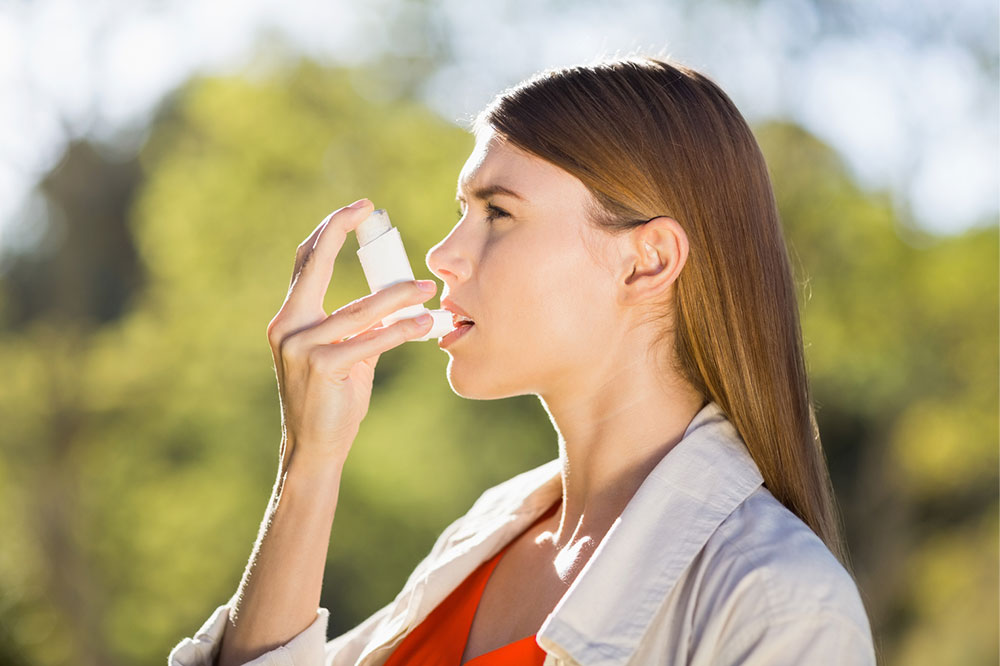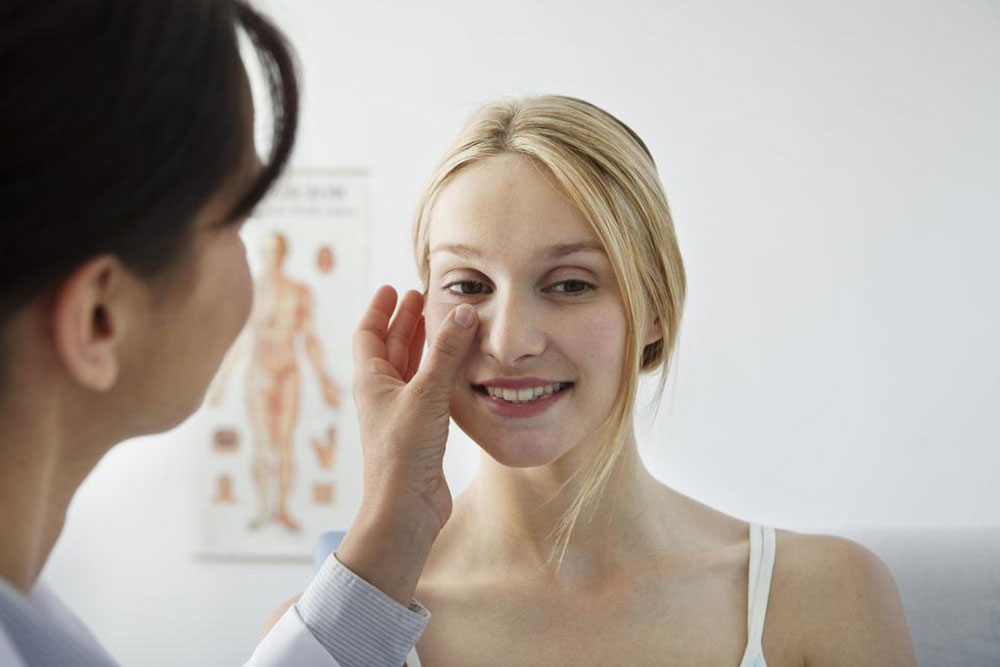Essential Travel Advice for Asthma Sufferers
This guide offers essential travel tips for individuals with asthma, emphasizing pre-travel consultations, destination awareness, transportation choices, and hotel policies to ensure safe and comfortable journeys. Proper planning and awareness can prevent asthma attacks and emergency situations while traveling.

Key Travel Tips for Individuals with Asthma
Asthma is a chronic respiratory condition characterized by inflamed airways, which can make breathing difficult. Triggers such as dust mites, pet dander, pollen, and mold vary among individuals but are common. Managing asthma during travel is vital, as unfamiliar environments can increase the risk of flare-ups. To help you stay safe and avoid emergencies, consider these important travel precautions.
Consult Your Healthcare Provider Before Traveling
Visit your doctor or a travel health specialist prior to your trip. If you receive allergy injections regularly, discuss your travel plans with your allergist. They can refill prescriptions and advise on potential risks. Additionally, ask for an asthma action plan and a medical letter detailing your condition, medications, and emergency devices. Carry this documentation with you at all times.
Your destination choice matters. Research healthcare facilities nearby, and review weather conditions like humidity and pollution levels. Avoid dusty or mold-prone areas, especially musty buildings or old structures that may trigger symptoms. High-altitude locations may pose additional challenges due to reduced oxygen. Staying hydrated helps reduce attack risks.
If pollution is a concern, steer clear of heavily polluted zones. Drinking plenty of water and avoiding allergens will help prevent flare-ups during your trip.
Pick Appropriate Transportation
Driving allows control over air quality—clean your vehicle beforehand to remove dust and strong odors. Store your emergency asthma kit in carry-on luggage to prevent temperature damage, and keep emergency contact numbers handy for health services abroad. On airplanes, stay well-hydrated since cabin air is dry. Always carry your inhaler and emergency supplies in your hand luggage.
Understand Public and Hotel Policies
When using public transit or booking accommodations, inquire about allergy policies. If pets are allowed, select seats or rooms away from potential allergens. Choose allergy-friendly meals when available, and inform the service providers about your condition. Bringing allergen-proof pillows or blankets can be beneficial. Opt for accommodations in less polluted areas, preferably away from industrial zones, indoor pools, or mold-prone spaces like closed cabins or winterized cottages. Request rooms with plenty of sunlight to prevent mold growth.










